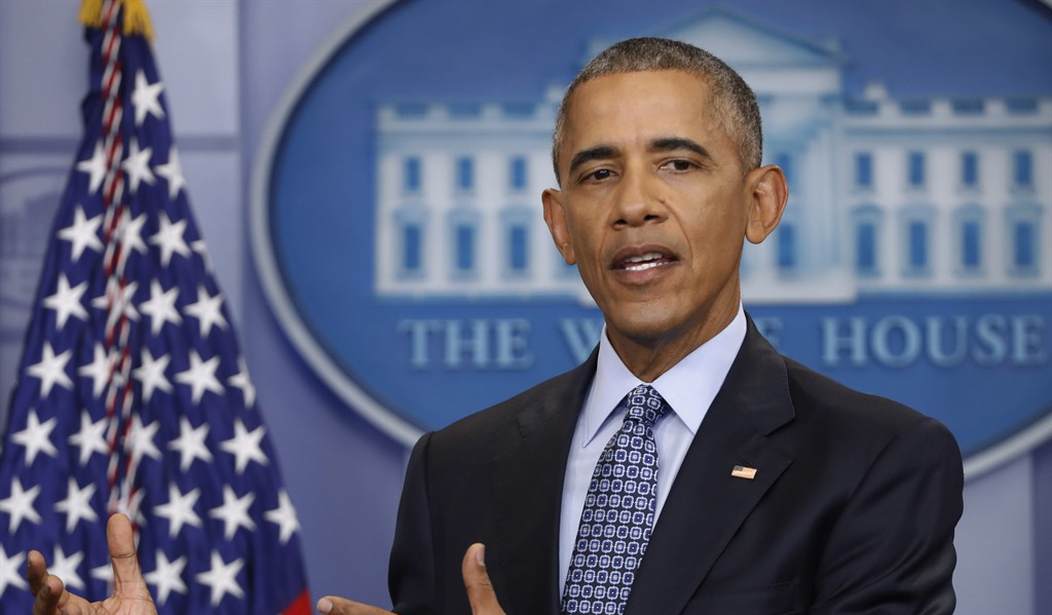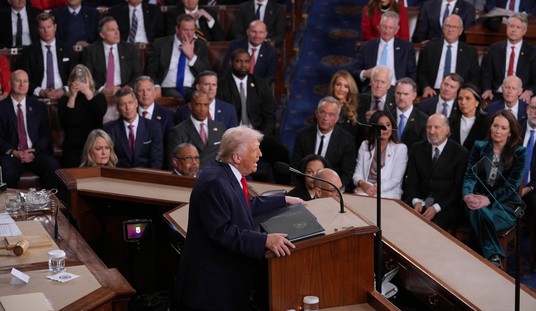The deep polarization that resulted from President Obama's ham-fisted approach helped lay the groundwork for the election of Donald Trump. But in his first two weeks in office, President Trump has shown no signs of throwing off the imperial mantle of his predecessor. Instead, he's ignoring even members of his own Cabinet, not to mention Congress, to draft orders and directives that will dramatically alter not just policy but, in the case of proposed immigration changes, the very composition of the American population. In doing so, he jeopardizes one of the most important features of American democracy, stability.
The transfer of power between administrations of differing political parties always signals change, but the scope and tempo of change have traditionally been moderated by procedural safeguards. Presidents appoint Cabinet and sub-Cabinet officials but must secure the advice and consent of the Senate in doing so. The leadership of departments and agencies changes at the top, but the work is carried out by career staff members who remain from one administration to another. An administration may want to abandon existing programs and start new ones, but it must go to Congress for the authority and appropriations to do so.
Recommended
When voters elect a new president, they may well be voting for change, but that change doesn't happen overnight, nor should it. No matter how frustrating it might seem to have to wait and go through the slow process of working through Congress -- and sometimes having to make compromises -- that process protects us. We don't lurch from one extreme to another. Rather, we work through our differences. The Obama administration ignored this example to its detriment and ushered in an era of confrontation that saw the Congress change political hands in large part to exercise a check on executive power.
In his first two weeks in office, President Trump has seemed intent on ignoring the lessons of the Obama overreach, choosing instead to follow Obama's example. Trump is rewriting foreign policy, insulting allies in the process. As The Wall Street Journal noted in an editorial this week, Trump is treating Mexico as Obama treated Israel. A putative transcript of Trump's telephone conversation with Mexican President Enrique Pena Nieto this week quotes Trump talking about "bad hombres" and threatening to send in the U.S. military to deal with them because Mexico's military is weak. The Mexican president's office, unsurprisingly, has denied that Trump made the threat, which would precipitate a crisis in Mexico if proved true, but the White House has remained uncharacteristically mum. No one, however, is denying that Trump insulted Australian Prime Minister Malcolm Turnbull in his abbreviated -- one might call it Trumpcated -- call with the leader of one of the United States' most stalwart allies. Before that, there was Trump's decision to issue an executive order -- one that temporarily bars immigrants from seven majority-Muslim nations and indefinitely bans the entry of Syrian refugees -- on the very day he met with British Prime Minister Theresa May without giving her the diplomatic courtesy of a heads-up.
Those decisions will make everything that follows more difficult. There is no question that immigration policy requires an overhaul, but the way to do it is not by issuing ill-conceived and highly divisive orders from the Oval Office. Leaks of more orders to come suggest that President Trump will begin to shut the door for high-skilled immigrants, roll back legal immigration and deport millions of unauthorized and even legal immigrants whom this administration finds undesirable. Such drastic measures require debate and deliberation -- and none of it is occurring in the echo chambers of Trump's White House.
If the president keeps on this track, he should not be surprised that he will meet fierce resistance. Right now, that resistance is manifesting itself in the streets and among Democrats in Congress. But if Trump continues to try to bully his way to policy changes, eventually members of his own party will begin to apply the brakes. And if they don't, the American people will do so in the next election.
























Join the conversation as a VIP Member